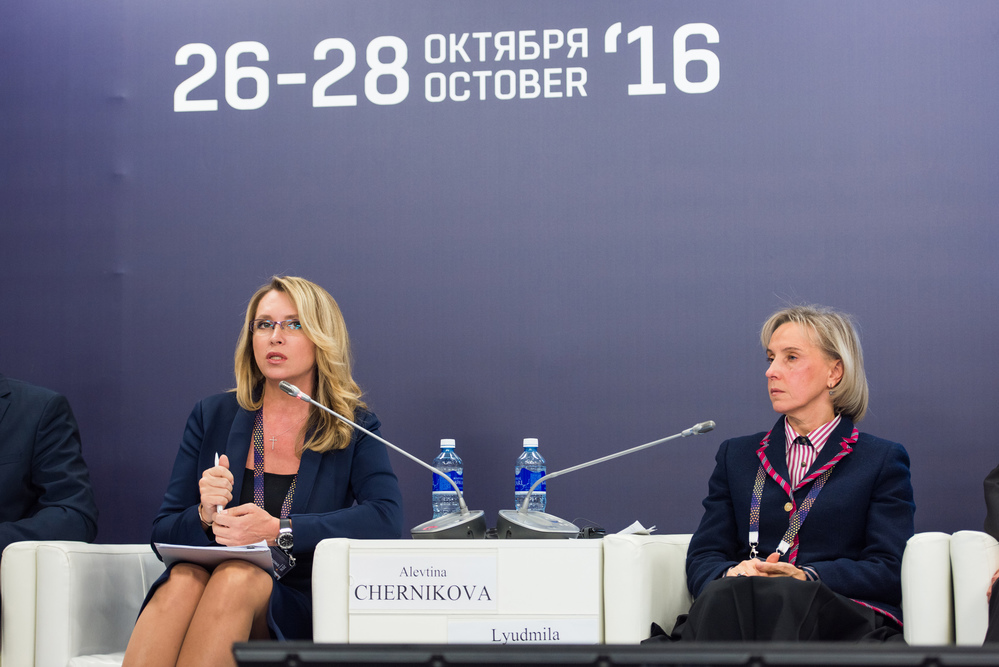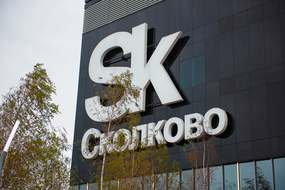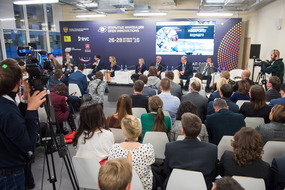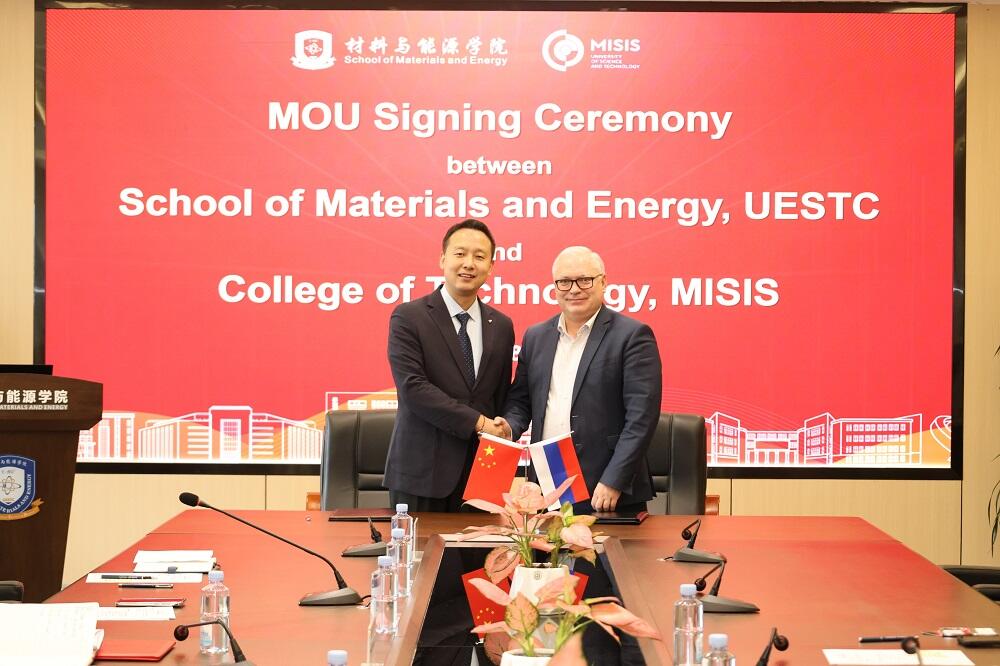On October 26th, 2016, the Moscow international forum of innovative development, coined “Open innovations”, was opened. The forum is devoted to new technologies and the prospect of international cooperation in the field of innovations.
During one key session, organized by the Ministry of Education and Science of the Russian Federation, heads of some of the leading Russian universities discussed how universities will look in future, how they should be organized to not only meet the needs of industries but also to be ahead of them, and how to train specialists for “professions that don’t exist yet”.
The heads of the leading universities agreed that the task of forming future universities lies on the side of the educational process, which should be developed based on the model “University 4.0”.According to Alevtina Chernikova, Rector of NUST MISIS,
Alexey Borovkov, Vice-rector for Innovative Projects at Peter the Great St. Petersburg Polytechnic University, agrees that “University 4.0” is the most promising model for leading universities. Additionally, he identifies one more crucial component, a fourth, noting, “the training of those engineers who solve the problems which can`t be solved by industries [is necessary]. Working in collaboration with global leaders the engineers will be able to produce what the world will recognize within a few years”.
Discussing the implementation and development of educational technologies, experts agreed that all the global trends already exist in Russia. Participants emphasized three such trends during the conversation: education becoming longer and more complicated & intensive; knowledge overtaking skills in importance—making it vital to teach the fundamentals—and the rise of multidisciplinarity. Moreover, as noted by Alexander Kuleshov, the President of Skoltech, “not merely the presence of multidisciplinarity in numerous university subjects, but the ability to communicate with people who have different sets of knowledge [highlights its usefulness]”.




